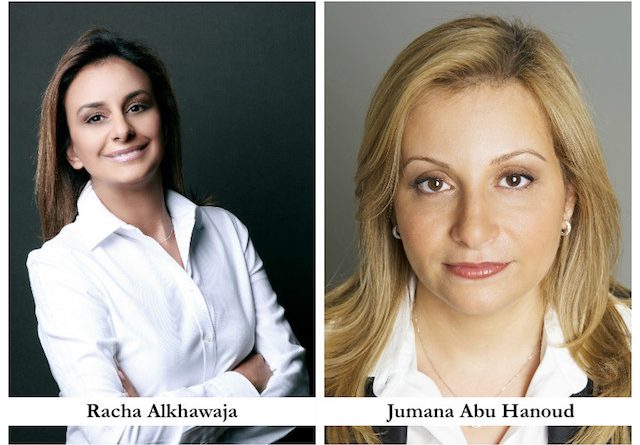Tell us about Reach – its ideology and what it strives to achieve?
Reach is a non-profit mentoring programme dedicated to helping young women professionals unlock their true potential through structured mentoring with professional support. By sharing their knowledge and expertise with their mentees, within strict rules of confidentiality, mentors aim to build trust and encourage mutual respect.
Mentors and mentees are paired through a specialised online platform, overseen by a professional and qualified coach, according to various criteria that include communication styles, development objectives and personality traits. One of Reach’s key objectives is to produce a new generation of female leaders from and for the Middle East; confident, driven, knowledgeable, experienced, compassionate and inspiring.
What is the importance of mentorship – especially for women entrepreneurs?
Getting ahead in a career can be tough, particularly for women, who often need to work even harder than their male counterparts to gain recognition in the workplace. Many industries are also male-dominant which can make it a lonely environment for women trying to grow their careers. Mentoring can be invaluable in many ways – working with someone who has experienced similar situations in her career, who can empathise but also offer suggestions or recommendations on dealing with challenges, and who can help you set specific and tangible objectives.
A mentor is and has genuine interest in helping others develop both personally and professionally. Career women who participate in mentoring relationships stress the value of maintaining these relationships and the positive contributions to their professional and personal growth and development.
Speaking to a number of women entrepreneurs especially in the West, there is a general opinion that women entrepreneurs have a comparatively harder time convincing investors who are mostly men? What are your comments on that? And if this is so, how can this be addressed?
Because Reach is not focused on entrepreneurship, but rather on the support of women professionals developing their careers, we can’t really comment on this. What we can highlight though is that through mentorship women can develop more confidence in their abilities, can progress in their careers, and can learn new perspectives on how to approach situations in their business lives. All these elements help women professionals – whether entrepreneurs or not – to present ourselves in the best possible way to achieve the results they want.
How is Reach enabling professional women to reach their full potential?
It’s important to understand that REACH does not focus on entrepreneurs – our program is structured to help young female professionals across a cross-section of industries. We provide structured and professional mentoring support, and our mentors are experienced men and women willing to share their knowledge and expertise with their mentees, within strict rules of confidentiality, building trust and encouraging mutual respect. REACH wants to make a meaningful contribution to the development of women in the region, and it’s very rewarding to see the progress being made by both the mentors and mentees involved in the program.
How can support and mentorship translate into positive result driven action in terms of entrepreneurship?
Mentorship can help to direct, focus, inspire and motivate women as they develop their careers. It can also open a new world to them through their mentor’s network, lead to new opportunities, new areas for development, and newfound abilities through shared decision-making.
How – in your opinion – can women (and particularly the Arab woman) be economically empowered?
This really needs to start at a young age. Typically, women in our region do not have the necessary exposure as teenagers or young adults to financial matters, and that does affect them in adult life. Generally, the tools needed for economic empowerment are focused on the male gender, so women need to take the initiative to educate themselves on financial matters.
Taking ownership leads to empowerment, and the opportunity to influence financial literacy can start in the classroom.
What is the biggest challenge women generally face in their careers?
The central challenge for women in their careers is confidence – it’s a prerequisite for success because it impacts so much. When we are confident in ourselves our communication with our colleagues will be better, we will feel more comfortable being assertive and voicing our opinions or presenting ideas, and we’ll become more visible in our roles. Mentorship is particularly valuable in helping to building confidence – working with someone who has had experience in building a career and who can help identify behaviours, approaches and tasks that will grow your confidence, can be one of the best decisions you make.
What is your vision for REACH?
Our vision is for REACH to be active across the MENA region, helping to develop the next generation of female professionals in the region.











